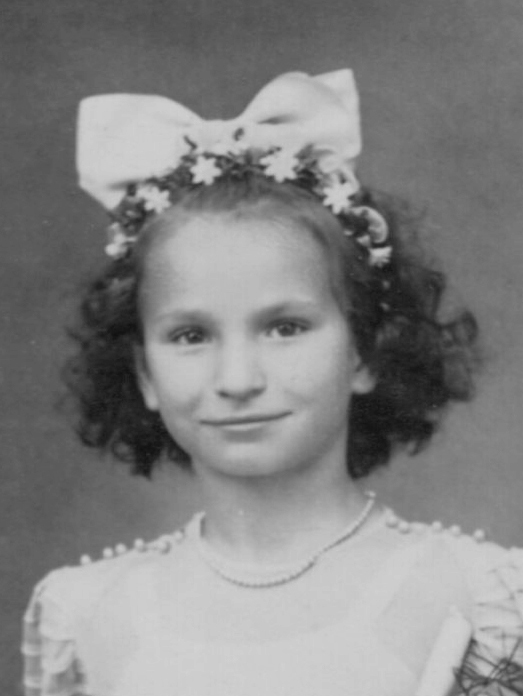I still have a phobia of thunderstorms and fireworks

Stáhnout obrázek
Jiřina Sokolová, nee. Grulichová, was born on 3 April 1940 in Drnovice near Vyškov into the family of Jan Grulich, a trained glazier, later an instrument maker at St. Anna‘s Hospital, and his wife Marie. After Jiřina was born, the Grulichs moved to Vyškov, where they spent the war years. During the German occupation, Marie Grulich took care of her two young daughters alone for more than a year and a half, as Jan had to go to Germany for forced labour. Jiřina remembers especially the end of the war, when Vyškov was plagued by air raids, which they survived in the castle cellar. In 1947, father Jan Grulich fought against the Bandera fighters - armed Ukrainian partisans who were trying to cross our territory to Austria and Germany. Jiřina Sokolová trained in the shoemaking school in Gottwaldov (now Zlín) in the 1950s, but did not work in the trade. At the age of seventeen she married Josef Sokol and they had three daughters. She graduated from a two-year school of economics and worked as an accountant in Industrial Construction. She remembers the arrival of the tanks in 1968 and the Velvet Revolution twenty years later, but was not politically involved. She mainly lived a family life.













